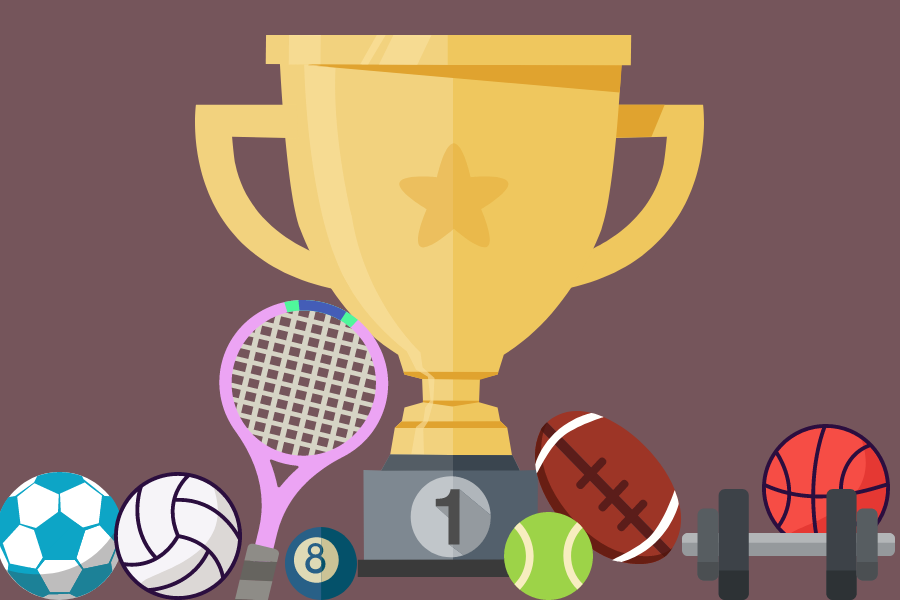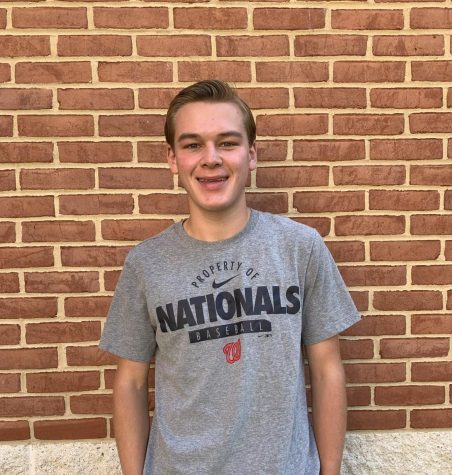Fantasy sports build traditions and bring competition at Whitman
Many Whitman students participate in fantasy sports leagues every year, competing with friends and family in an effort to claim the league title.
April 14, 2021
The sense of responsibility that comes with being the general manager of your own team — drafting players, making roster moves and trying to keep yourself in contention to win it all — is certainly an enticing and powerful one. Beating a friend’s team will grant you bragging rights for what seems like forever; playing against random opponents for a cash prize will bring out your inner John Madden-like genius.
This experience is unique to fantasy sports, which many Americans indulge in during football, basketball, baseball and hockey seasons each year. Fantasy sport leagues allow players to draft their own dream rosters — a cross-section of the best players in the game — for nearly any professional team sport. Depending on how well athletes perform in their real-life games, the league participants receive a certain amount of points. The structure of fantasy sports mirrors that of professional leagues: the roster with the most points in any given competition wins, and teams with the best records in their division then advance to the playoffs. The manager who wins playoffs is crowned the champion, and keeps that title until the competition restarts the following year.
From 2007 to 2018, the number of North American fantasy sports players more than tripled — increasing from 19.4 million to 59.3 million — and that number has only risen since. Fantasy sports have become an integral part of the sports landscape. They are changing the definition of sports fandom — and Whitman sports fanatics have been no strangers to this trend.
Junior Jake Seiberg started playing fantasy football thanks to a fourth grade after-school club, and he hasn’t stopped since. He has experienced the game’s evolution first-hand.
“I played fantasy football when we would use spreadsheets on paper to choose players — now everything is online,” Seiberg said. “I think that the main appeal is being able to compete against friends: you can show your knowledge of the sport while enjoying watching the sports you love.”
Fantasy sports are, at their core, a competition. After competing against each other for over six years, twin brothers Gergo Pula and Marci Pula — both juniors — have developed a fantasy rivalry. At the start of each NHL season, the two create hockey fantasy teams to play against each other; the winner sometimes scores some cash, but always gains “bragging rights,” Gergo said.
Fantasy sports have fostered long standing connections at Whitman, across families, friend groups, grades and even across the country.
“Especially during a pandemic, being able to have the ability to connect with friends is extra special,” said junior Callum Johnson, who plays fantasy basketball and football. “Fantasy sports are fun to play but also have that aspect of bringing people together.”










